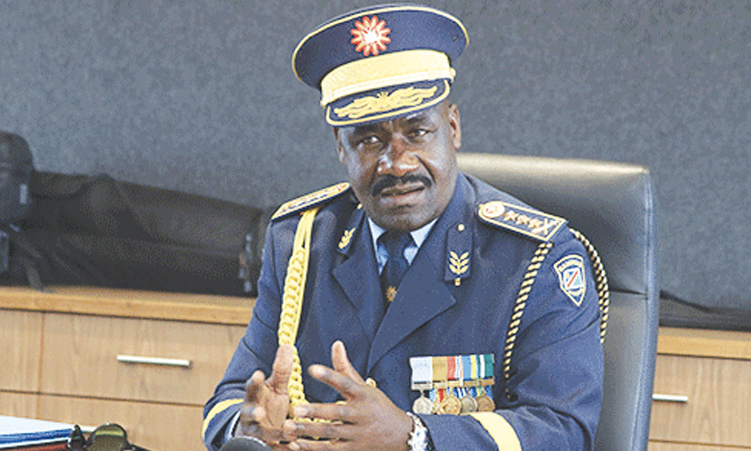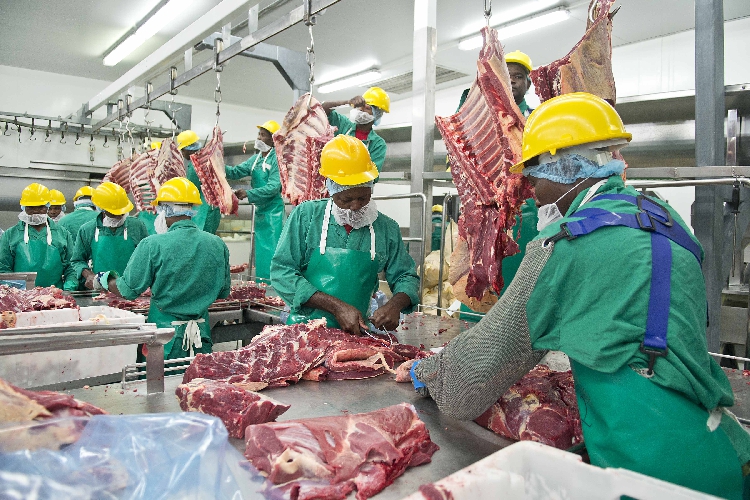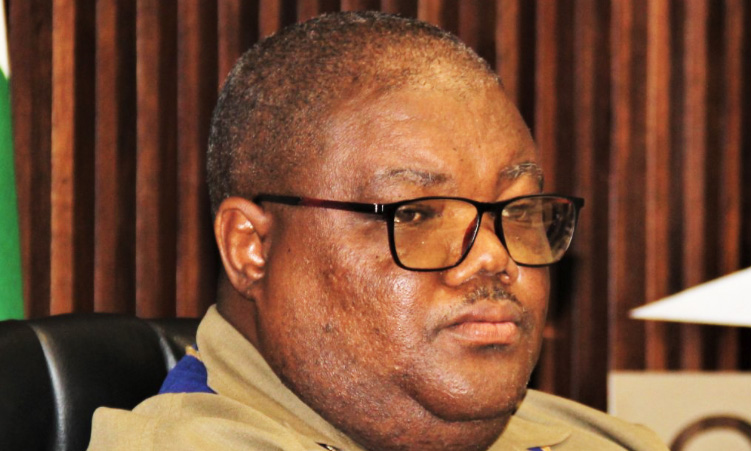CIVIL society organisations in Namibia have told international trade negotiators meeting in Switzerland that the pressure on developing countries to accept trade in services was undermining an earlier agreement, allowing such states to decide if they wanted to join this sector or not.
Trade ministers started talks at the World Trade Organisation (WTO) in Geneva last week to discuss cuts in subsidies and import tariffs with the aim of mapping out a new deal under the so-called Doha Round of WTO talks. “The undersigned civil society organisations (CSOs) in Namibia are concerned that the current WTO negotiations in services are based on a draft text which substantially undermines and contradicts the previously agreed right of developing countries to choose whether or not they wish to engage in negotiations over their services sectors,” the statement said on Saturday.”We fear that in what appears to be this final push to make the Doha round succeed, negotiators will suddenly be compelled to make offers in inequitable exchanges for concessions made.Negotiations would be extremely rushed while the demands from the rich countries might have very complex, costly and negative consequences in many developing countries.”The liberalisation of trade in services could include the services industry like telecommunications and information technology, the banking sector and supplying goods for Government procurement.In terms of the Economic Partnership Agreements with the European Union, this would mean that European companies could compete for such tenders in Namibia and in the other 14 member states of the Southern African Development Community (SADC), undermining local companies.Similarly, this might be applicable to WTO deals, depending on what is expected to be concluded in Geneva this week.”We applaud the efforts of Venezuela, Bolivia, Cuba and Nicaragua to safeguard the right of people to have access to basic human rights such as water, education, health, and other services that are vital to be able to live life in dignity.”We encourage other countries to support their efforts and not give in to the interests of foreign-based international corporations who seek to put profit before people.Protecting access to these services is a legal obligation and not a bargaining chip.”We are also alarmed that the current negotiations are taking place in a context in which most WTO countries are simply spectators in a process that will profoundly affect them and their people.”As civil society organisations that witness every day the dire consequences of the lack of access to services, which are basic human rights, we strongly believe that their place is not at the bargaining table of the WTO, and they should be excluded from these talks,” the Namibian CSOs said.”This statement by the Namibian CSOs resulted from a call by the Africa Trade Network (ATN) to endorse a protest statement given the direct link between the current expansionist trends in the WTO services negotiations,” said Namibian independent trade expert Wallie Roux on Saturday.”We are also aware of the pressures that African countries – as part of the African, Caribbean and Pacific (ACP) Group – would have to endure to conclude services agreements in the Economic Partnership Agreements (EPAs) with the European Union.””Should the WTO services negotiations succeed on the premise of the current draft text, the ACP states – and those of Africa – would be subjected to immense pressure in their upcoming EPA negotiations with the EU to continue to negotiate and finalise services agreements,” Roux added.The statement was signed by the National Union of Namibian Workers (NUNW), Komeho Namibia Development Agency, The International Community of Women Living with HIV-AIDS (ICW), Young Women’s Christian Association (YWCA), Children with Language, Speech and Hearing Problems (CLASH), Labour Resource & Research Institute (LARRI), Ndatinda College, Namibia Rural Development Programme (NRDP) and Women Solidarity Namibia (WSN).”The undersigned civil society organisations (CSOs) in Namibia are concerned that the current WTO negotiations in services are based on a draft text which substantially undermines and contradicts the previously agreed right of developing countries to choose whether or not they wish to engage in negotiations over their services sectors,” the statement said on Saturday.”We fear that in what appears to be this final push to make the Doha round succeed, negotiators will suddenly be compelled to make offers in inequitable exchanges for concessions made.Negotiations would be extremely rushed while the demands from the rich countries might have very complex, costly and negative consequences in many developing countries.”The liberalisation of trade in services could include the services industry like telecommunications and information technology, the banking sector and supplying goods for Government procurement.In terms of the Economic Partnership Agreements with the European Union, this would mean that European companies could compete for such tenders in Namibia and in the other 14 member states of the Southern African Development Community (SADC), undermining local companies.Similarly, this might be applicable to WTO deals, depending on what is expected to be concluded in Geneva this week.”We applaud the efforts of Venezuela, Bolivia, Cuba and Nicaragua to safeguard the right of people to have access to basic human rights such as water, education, health, and other services that are vital to be able to live life in dignity.”We encourage other countries to support their efforts and not give in to the interests of foreign-based international corporations who seek to put profit before people.Protecting access to these services is a legal obligation and not a bargaining chip.”We are also alarmed that the current negotiations are taking place in a context in which most WTO countries are simply spectators in a process that will profoundly affect them and their people.”As civil society organisations that witness every day the dire consequences of the lack of access to services, which are basic human rights, we strongly believe that their place is not at the bargaining table of the WTO, and they should be excluded from these talks,” the Namibian CSOs said.”This statement by the Namibian CSOs resulted from a call by the Africa Trade Network (ATN) to endorse a protest statement given the direct link between the current expansionist trends in the WTO services negotiations,” said Namibian independent trade expert Wallie Roux on Saturday.”We are also aware of the pressures that African countries – as part of the African, Caribbean and Pacific (ACP) Group – would have to endure to conclude services agreements in the Economic Partnership Agreements (EPAs) with the European Union.””Should the WTO services negotiations succeed on the premise of the current draft text, the ACP states – and those of Africa – would be subjected to immense pressure in their upcoming EPA negotiations with the EU to continue to negotiate and finalise services agreements,” Roux added.The statement was signed by the National Union of Namibian Workers (NUNW), Komeho Namibia Development Agency, The International Community of Women Living with HIV-AIDS (ICW), Young Women’s Christian Association (YWCA), Children with Language, Speech and Hearing Problems (CLASH), Labour Resource & Research Institute (LARRI), Ndatinda College, Namibia Rural Development Programme (NRDP) and Women Solidarity Namibia (WSN).
Stay informed with The Namibian – your source for credible journalism. Get in-depth reporting and opinions for
only N$85 a month. Invest in journalism, invest in democracy –
Subscribe Now!










